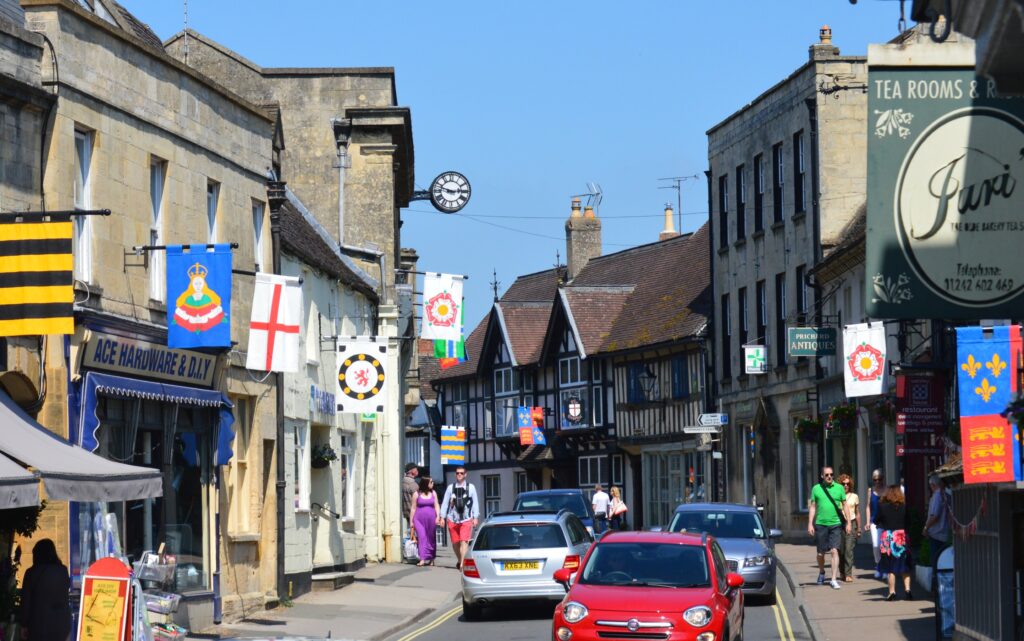 Jane Mills was interviewed on the Faye Hatcher show on BBC Radio Gloucestershire about the importance of soil and how it is often forgotten and undervalued as a global resource.
Jane Mills was interviewed on the Faye Hatcher show on BBC Radio Gloucestershire about the importance of soil and how it is often forgotten and undervalued as a global resource.
The interview was broadcast on 1st January 2017 and can be listened to on the BBC website until 31st January. Jane’s interview starts at 1 hour 11 minutes into the programme (following Rod Stewart – Rhythm of my hear) and lasts 7 minutes.
World Soil Day was celebrated on 5th December and Jane explained to Faye and BBC listeners why soil warrants its own global awareness day and how our soil has been affected by intensive agricultural land management, expansion of cities and road building, climate change and heavy farm machinery. She spoke about how good farming practices can help protect our soil and described the two major EU projects that she and the CCRI are currently collaborating on – SoilCare and RECARE.
SoilCare is investigating ways in which soil quality can be improved through cropping systems and techniques, benefiting both the profitability of farms and the environment. Such soil improvement is necessary to break the negative spiral of soil degradation, increased inputs, increased costs and damage to the environment.
This project brings scientists from 16 countries across Europe together to work on trial plots where cropping systems will be tested to find out how improving the soil can boost and sustain productivity. Working on 16 trials across Europe that represent not only different climatic conditions but soil types and crop types, the project is looking to solutions that can be easily adopted by farmers across Europe. The University of Gloucestershire, Newcastle University and the Game and Wildlife Conversation Trust are all involved from the UK.
RECARE is using test plots across Europe to find practical solutions to soil-based problems as diverse as the impacts of wildfire on soil erosion to how to reclaim the soil from the deserts created by arctic winds in Iceland. Through to cleaning up polluted soils in Romania and Spain and through planting trees and using plants to mop up toxic metals. The project has now reached its mid-point.
The University of Gloucestershire, University of Leeds and the University of Reading are the UK partners in RECARE.




